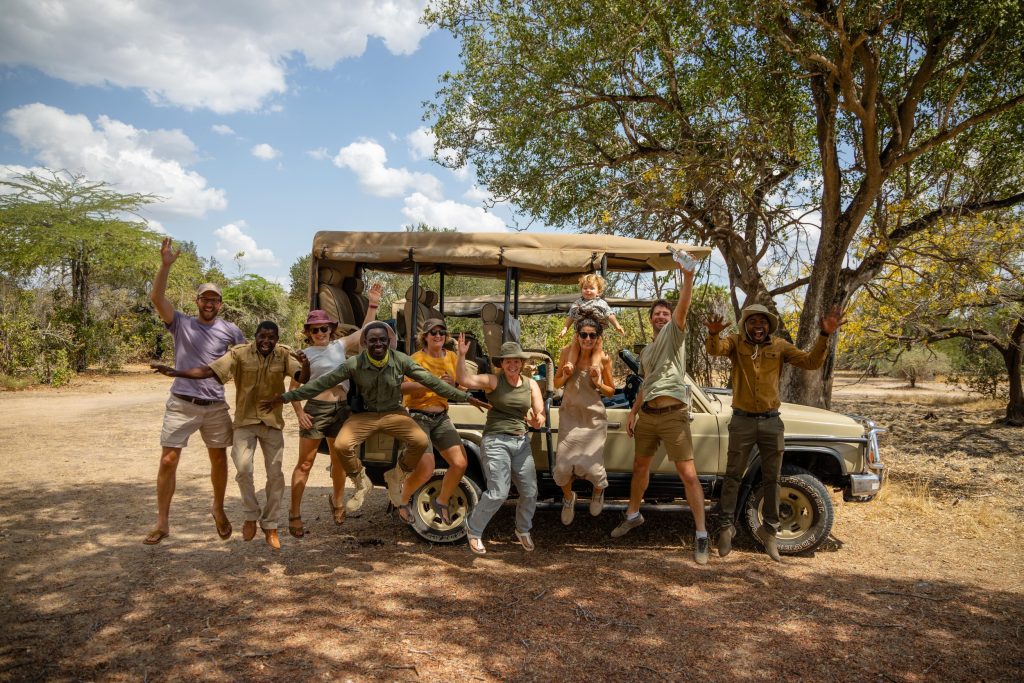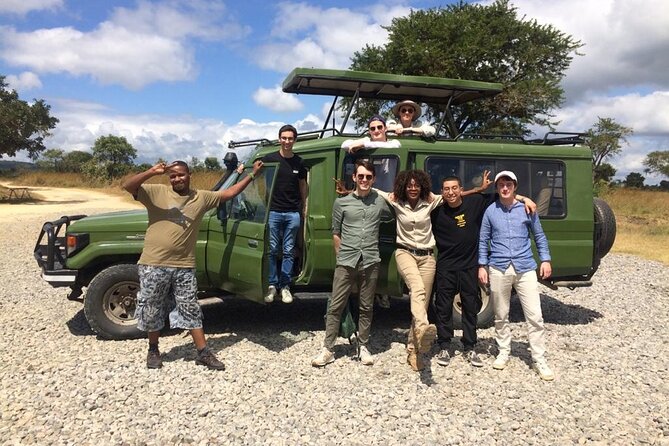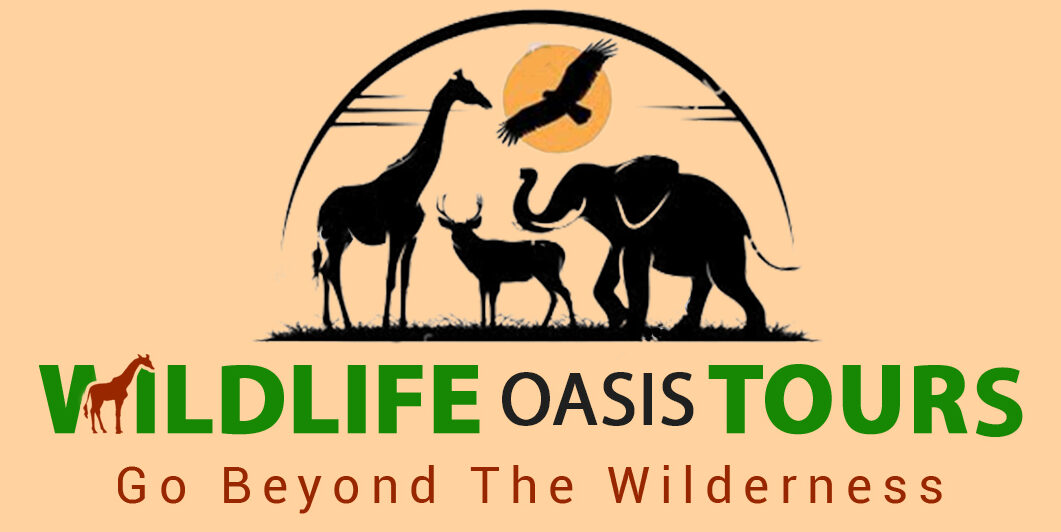Selous: The Ultimate Destination for Group Safaris




Introduction
Selous National Park is an extraordinary location for group safaris, offering stunning wildlife, immersive landscapes, and a rich cultural heritage. It’s a place where group travelers can not only explore Tanzania’s abundant natural beauty but also enjoy an array of cultural experiences that provide a meaningful connection to the people and history surrounding the park. Choosing Selous for a group safari ensures that everyone, from wildlife enthusiasts to cultural explorers, finds a unique and memorable experience. This guide will cover what makes Selous the perfect destination for a Tanzania group safari, from the captivating wildlife encounters to the engaging community visits that enrich the journey.
Why Choose Selous for a Group Safari?
Selous National Park, part of the larger Selous Game Reserve, is known for its vast landscapes, diverse ecosystems, and unparalleled wildlife encounters. It’s an ideal destination for group safaris, where visitors can bond over thrilling game drives, boat safaris, and walking tours. Groups of friends, families, or colleagues can experience Tanzania’s unique biodiversity in Selous, which is home to large populations of elephants, lions, African wild dogs, hippos, and an abundance of bird species.
Wildlife and Scenic Landscapes
A Tanzania group safari in Selous guarantees incredible opportunities for wildlife viewing, thanks to the park’s diverse habitats, which include savannas, forests, wetlands, and rivers. Group safaris in Selous often include game drives through different areas of the park, providing a chance to see animals in their natural environments. The picturesque Rufiji River flows through Selous, creating scenic landscapes that are perfect for boat safaris, a unique experience that allows groups to spot crocodiles and hippos up close while enjoying the serene beauty of the water.
Community and Cultural Experiences Near Selous
A Tanzania group safari in Selous is not just about the wildlife—it’s also a chance to immerse in the local culture. Communities near the park, such as the Maasai, Hehe, and Bena tribes, are known for their rich traditions and deep connections to nature. For group travelers, visiting these communities is a wonderful way to learn about traditional crafts, dances, and ways of life. Many local villages offer cultural tours where groups can engage in cultural exchanges, see traditional ceremonies, and hear stories passed down through generations. These visits create meaningful connections and add depth to the group safari experience.
Maasai Culture
The Maasai people, with their vibrant clothing, unique customs, and spiritual connection to the land, live in communities near Selous. Group visitors can explore Maasai villages, learn about their sustainable livestock practices, and witness captivating ceremonies and dances. This interactive experience fosters a sense of respect and understanding for the Maasai way of life, making it a highlight for group safari travelers.
Hehe and Bena Tribes
The Hehe and Bena tribes, indigenous to southern Tanzania, bring a different cultural perspective to the safari experience. Known for their historic resistance to colonization and their unique dances and crafts, these tribes provide insight into a deeply rooted heritage. Groups can engage in workshops where local artisans teach traditional techniques in pottery, weaving, and beadwork, allowing participants to try their hand at crafting and take home a piece of Tanzania’s cultural legacy.
Swahili Culture
For groups interested in exploring Tanzania’s coastal cultural influence, the Swahili culture offers a fascinating blend of African, Arab, and Indian traditions. Visitors can sample Swahili dishes, such as pilau (spiced rice) and mishkaki (grilled meat), at local markets near Selous, enjoying the vibrant flavors and hospitality of the Swahili people. This culinary adventure adds a delicious and educational layer to the Tanzania group safari experience.
Group Activities and Adventures in Selous
Selous offers a wide range of group-friendly activities, allowing everyone in the group to engage in memorable adventures. Here are a few highlights:
- Game Drives: Group game drives are ideal for exploring the park’s vast landscapes and observing Tanzania’s Big Five (elephant, lion, leopard, buffalo, and rhinoceros). With the guidance of experienced rangers, group members learn about animal behavior, conservation efforts, and ecosystem dynamics.
- Boat Safaris on the Rufiji River: A boat safari along the Rufiji River is an incredible way for groups to experience the park from a different perspective. The boat trips provide a closer look at aquatic wildlife and offer ample opportunities for group photos against stunning river backdrops.
- Guided Walking Tours: For groups seeking an intimate, up-close adventure, guided walking tours offer a unique way to explore Selous on foot. Accompanied by skilled guides, groups can discover plants, insects, and animals often missed on traditional game drives, creating an adventurous and educational experience.
Historical and Cultural Heritage of Selous
The Selous region is steeped in history, and groups visiting the park have the chance to learn about its colonial past, including stories of local resistance to colonial rule. The reserve is named after Frederick Selous, a British conservationist, but the land itself holds a deeper meaning for the Tanzanian people. Local guides often share insights into this history, enriching the group’s understanding of the area and its significance.
For those willing to travel a bit further, the Kilwa Kisiwani ruins on the coast offer a fascinating historical perspective. Although located some distance from Selous, Kilwa Kisiwani was once a thriving trade center, blending African, Arab, and Persian cultures. Groups can explore the ancient ruins, adding an educational and historical element to their Tanzania group safari.
Sustainable Tourism and Supporting Local Communities
A group safari in Selous supports sustainable tourism initiatives that protect both the environment and the cultural heritage of the region. Many lodges and camps near Selous use eco-friendly practices and locally made furnishings, helping preserve local artistry and traditions. Groups visiting local markets and purchasing handmade crafts contribute directly to the communities, ensuring that tourism supports local development.
Tips for Planning the Perfect Tanzania Group Safari in Selous
- Choose Local Guides: Opting for local guides enriches the group’s experience with valuable cultural insights and a deeper understanding of the area.
- Participate in Village Tours: Group tours of nearby villages allow for a firsthand look at traditional lifestyles, crafts, and farming practices.
- Embrace Local Cuisine: Tasting traditional dishes such as ugali, nyama choma, and pilau helps the group connect with Tanzanian culture.
- Respect Local Customs: Learning and respecting the customs of the communities near Selous creates a more harmonious experience.
- Support Local Artisans: Purchasing local crafts directly from artisans supports the preservation of traditional arts and provides meaningful souvenirs for group members.
Conclusion: A Perfect Blend of Wildlife, Adventure, and Culture
A Tanzania group safari in Selous National Park combines unforgettable wildlife experiences with meaningful cultural engagement. Beyond game drives and scenic landscapes, group travelers have the chance to connect with the people and traditions of Tanzania, gaining a richer understanding of this incredible destination. By embracing the natural beauty and cultural heritage of Selous, groups not only leave with lifelong memories but also contribute positively to the local communities, making their journey both impactful and unforgettable.

One Comment